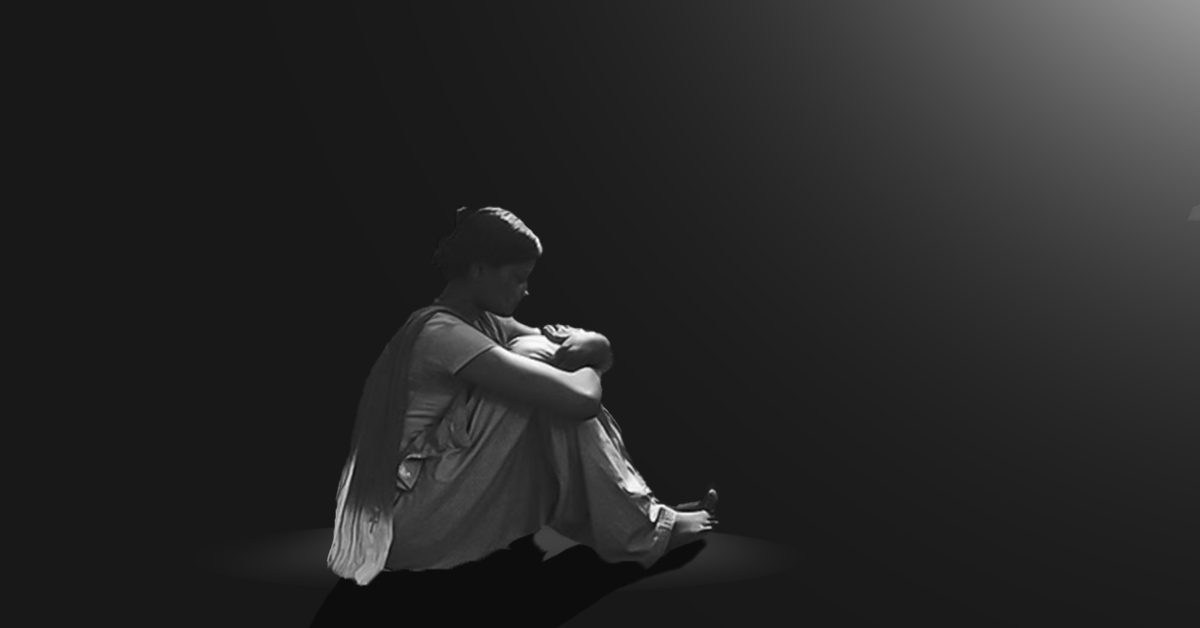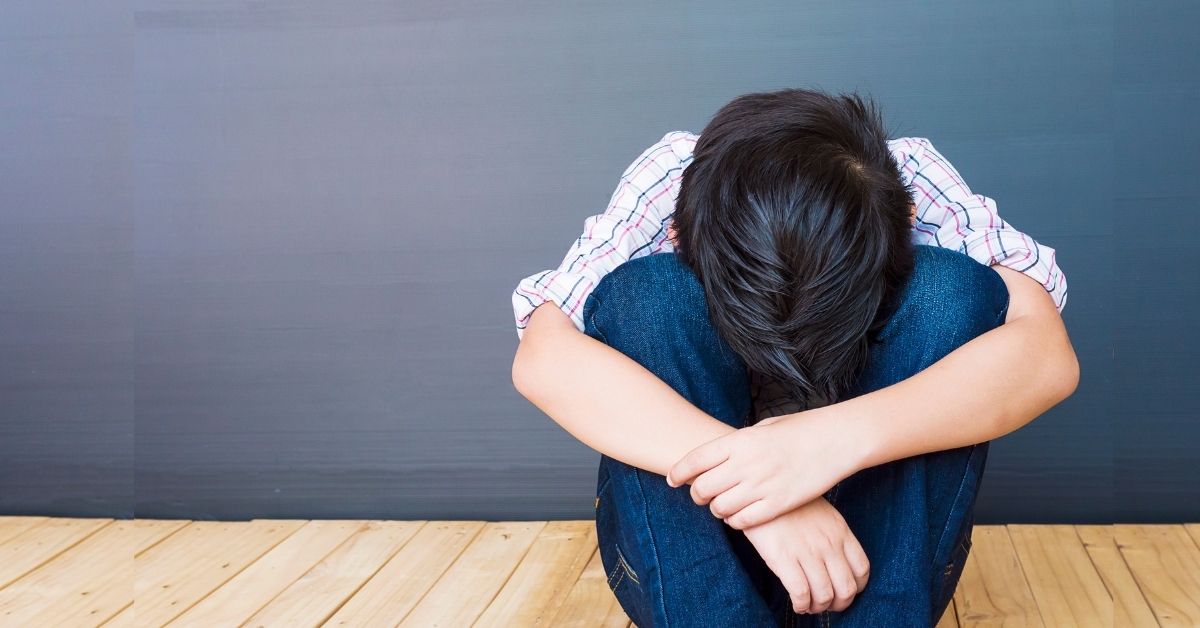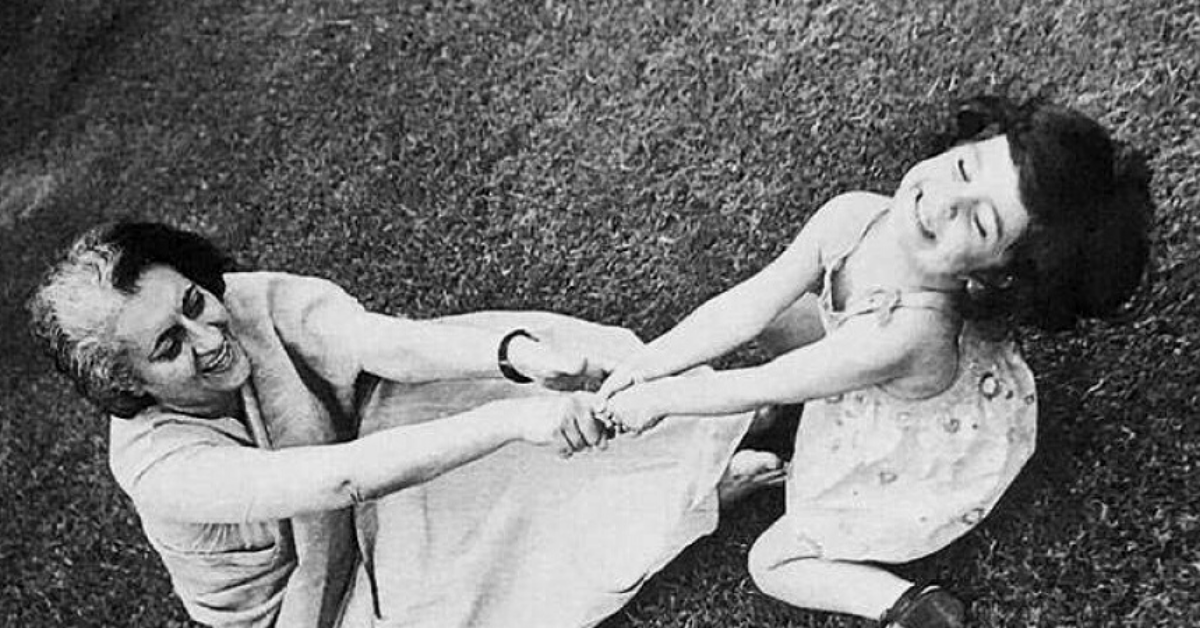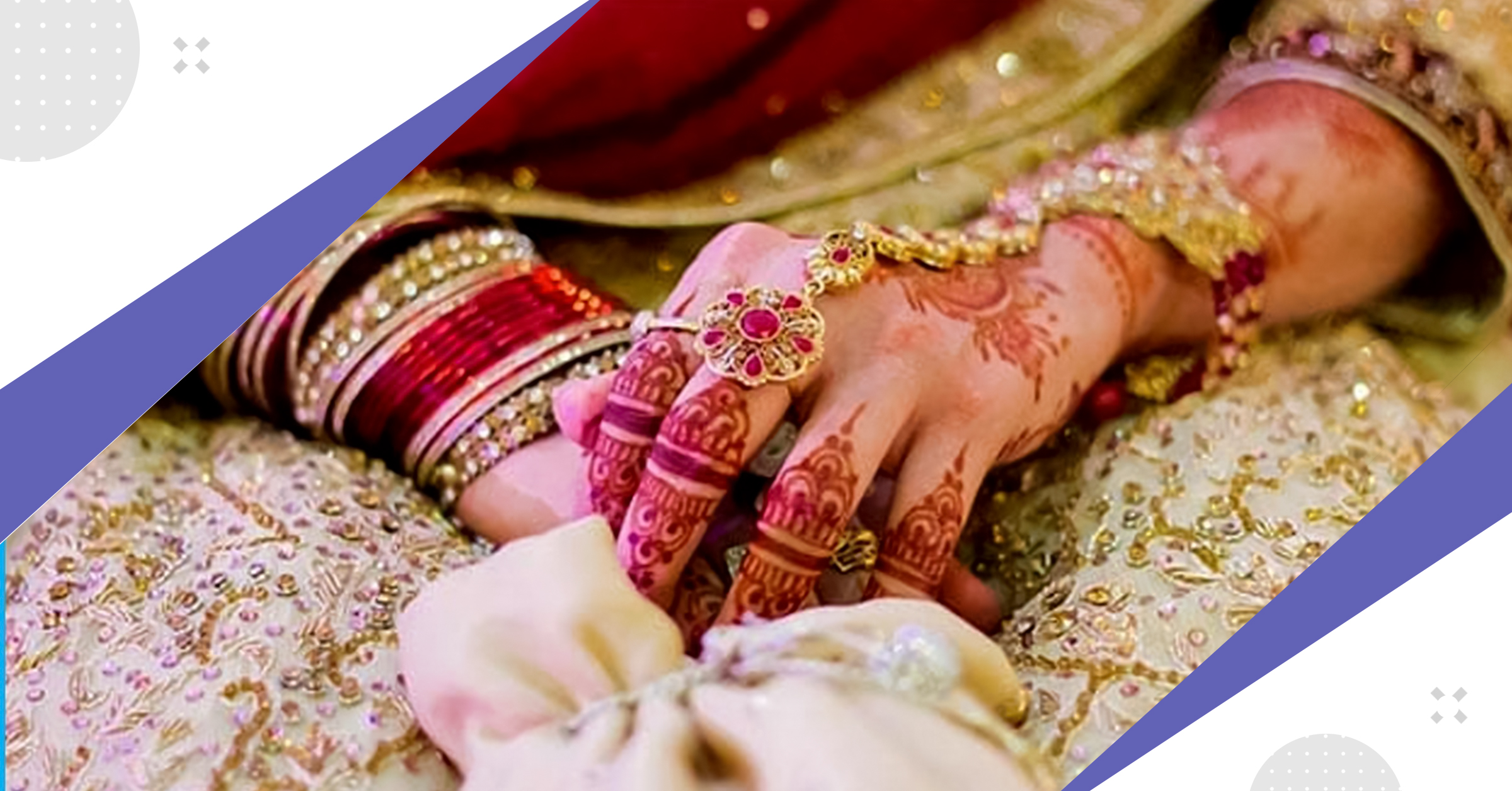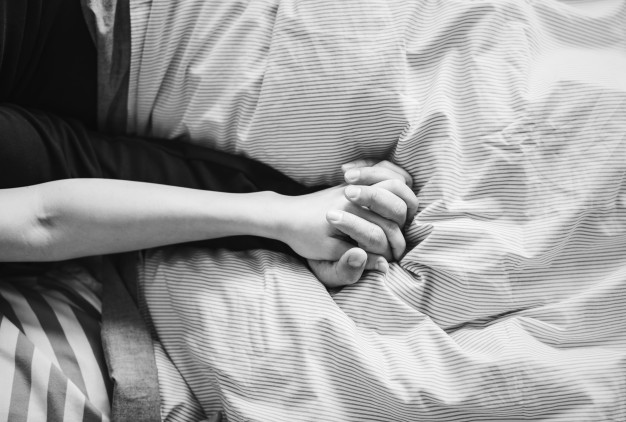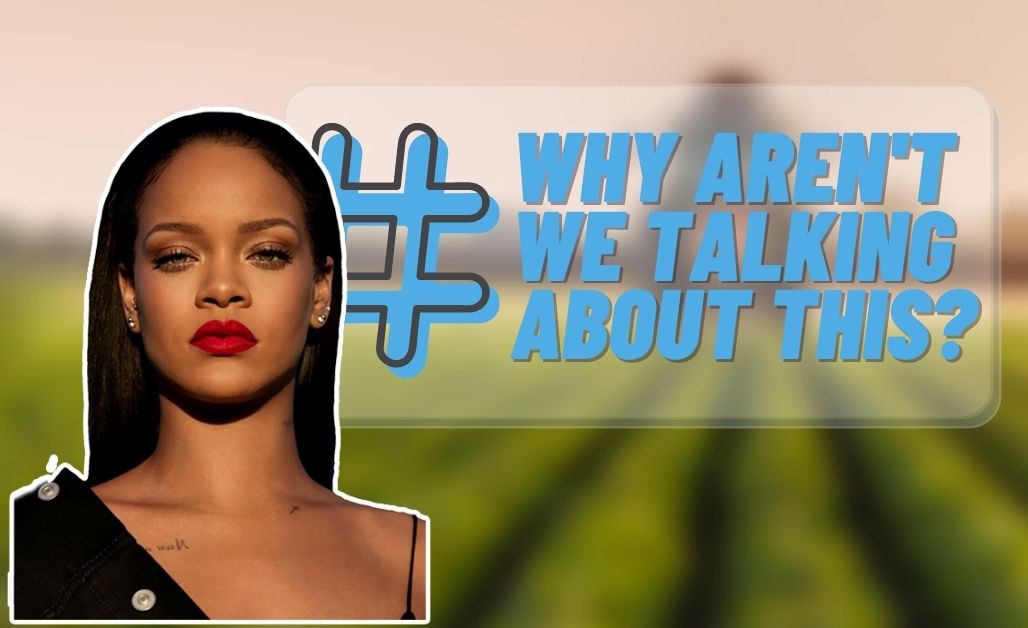Does the term “domestic violence” conjure up an image of a husband (physically or otherwise) abusing his wife? If you answered yes, like most of us, then we all have some re-thinking to do. The thing is, domestic violence in our country, and largely in the world as well, is always assumed to be violence taking place in a heterosexual relationship. However, recent studies show that rates of domestic violence among same-sex partners can be equal if not at a higher level than heterosexual ones.
Often, calls for help from abused partners in same-sex relationships tend to be ignored by authorities. The matter isn’t considered “serious”. But why is this so? And what can be done to change this? In this article, I’ll be digging deep into domestic violence, particularly in lesbian relationships, hoping to throw some light and create awareness about this issue.
What is Lesbian Partner Violence & What Are Its Causes?
Identified as a growing social problem, violence in intimate lesbian partners includes sexual, physical, or psychological abuse. Although, according to researchers, physical violence is more prevalent.
Firstly, it’s essential to know where the violence stems from and what are the possible causes. Some experts believe that same-sex relationships are the subject of added stressors. These stressors can be internal and external. External stressors are a result of society’s ill-treatment and discrimination towards the LGBT community.
On the other hand, internal stressors are the ones more harmful and damaging. It is when the abuser projects negative feelings and attitudes about themselves onto their partner. And in most cases, the person subjected to abuse begins to believe that they deserve the violence due to all the internalized negative beliefs they have about themselves!
Is Lesbian Domestic Violence Reported To The Police?
Sadly, domestic violence in lesbian relationships is less likely to be reported to the police. A common reason for this is that many states and countries still do not recognize same-sex relationships and marriages. The law fails to protect lesbian partners. Thus, the person abused is reluctant to report the violence in fear of coming out as homosexual and receiving prejudicial treatment.
And even if someone does report it, the complaint may not be taken seriously by authorities and legal bodies. And, the reason for that? The common misconceptions we have in society about violence in general. We often think of violence as that propagated by a man or someone with more physical strength onto the woman. Unfortunately, this prejudice does more harm than that.
When violence in a lesbian relationship gets reported, it’s somehow always assumed that the partner who has more physical strength or who is more butch is the one who’s at fault. But this is absolutely untrue. Abuse has more to do with power and control and less to do with muscularity and physical might. It’s time we learn/unlearn to equate violence perpetration with men and masculinity.
What Can We Do To Help?
Activists say that raising awareness of the problem of abuse in same-sex relationships can be particularly helpful. Creating awareness ensures that those at the receiving end of the violence will have better access to services and, ultimately, get the help they need. Some liberal and progressive states in the US such as Massachusetts have introduced various fundings and provisions to ensure gay victims of domestic violence receive the same access and help that a heterosexual person would receive.
To imagine the same happening in India is, of course, not an overnight dream. Especially in a country where merely acknowledging and accepting same-sex relationships is frowned upon, providing help to victims in such relationships can be far-fetched.
But I firmly believe that when people come together, change happens. If you’re looking to help, start by looking out for the people around you. Someone you know is going through something similar, and they confide in you? Let them know that they can call and rely on you for help in any way.
The silence that has existed around lesbian relationships, and now around their domestic violence issues, is the biggest threat here. The various myths, fears, taboos, and discrimination have prevented this from becoming the subject of a public discussion. It’s high time you and I speak up and break this silence, shall we?

